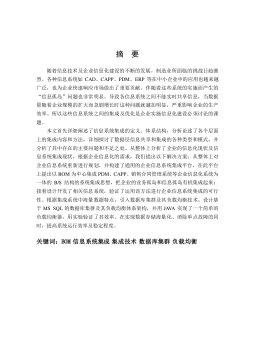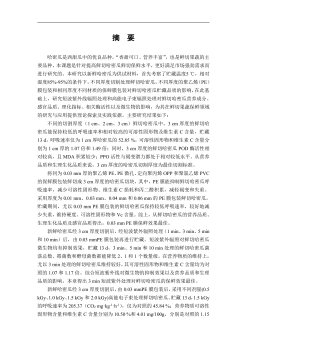戏剧主义修辞批评视角下经济语篇中的论辩
iiABSTRACTSubprimelendingcrisisof2007sprangfromtheUnitedStatescausedworldeconomicrecessionwhichisthemostgrievousglobaleconomiccrisissince1930s.Underthissituation,Chineseoutputgallopsaheadatan8%annualrate.Allcirclesandeconomistsathomeandabroadhavevoiceddifferentopinionsaboutthis“ChineseMyth”.Sometend...
相关推荐
-
【拔高测试】沪教版数学五年级下册期末总复习(含答案)VIP免费
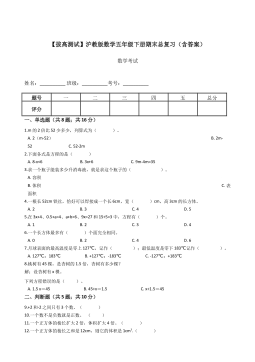
 2024-11-19 13
2024-11-19 13 -
【基础卷】小学数学五年级下册期末小升初试卷四(沪教版,含答案)VIP免费
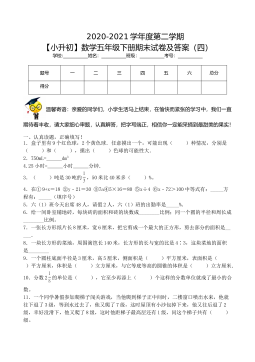
 2024-11-19 8
2024-11-19 8 -
期中测试B卷(试题)-2021-2022学年数学五年级上册沪教版(含答案)VIP免费
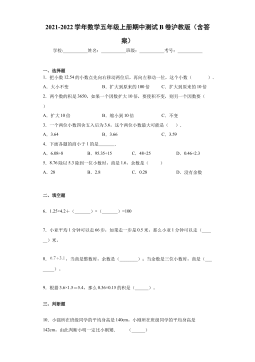
 2024-11-19 8
2024-11-19 8 -
期中测试B卷(试题)- 2021-2022学年数学五年级上册 沪教版(含答案)VIP免费
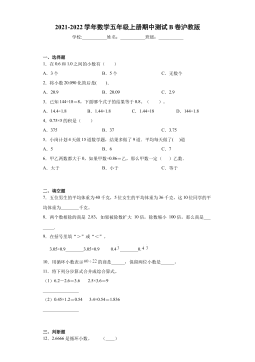
 2024-11-19 10
2024-11-19 10 -
期中测试A卷(试题)-2021-2022学年数学五年级上册沪教版(含答案)VIP免费
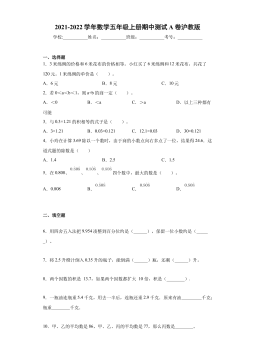
 2024-11-19 14
2024-11-19 14 -
期中测试A卷(试题)-2021-2022学年数学五年级上册 沪教版(含答案)VIP免费
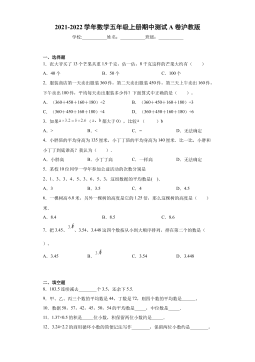
 2024-11-19 15
2024-11-19 15 -
期中测B试卷(试题)-2021-2022学年数学五年级上册 沪教版(含答案)VIP免费
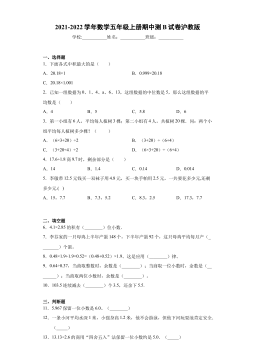
 2024-11-19 11
2024-11-19 11 -
期中测A试卷(试题)-2021-2022学年数学五年级上册沪教版(含答案)VIP免费

 2024-11-19 22
2024-11-19 22 -
【七大类型简便计算狂刷题】四下数学+答案
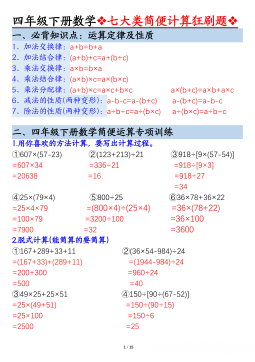
 2025-03-18 6
2025-03-18 6 -
【课内金句仿写每日一练】四下语文
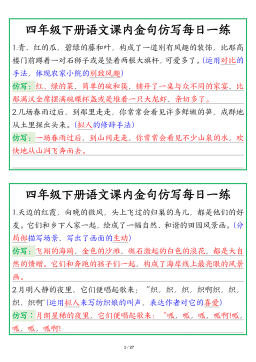
 2025-03-18 6
2025-03-18 6
相关内容
-

期中测试A卷(试题)-2021-2022学年数学五年级上册 沪教版(含答案)
分类:中小学教育资料
时间:2024-11-19
标签:无
格式:DOCX
价格:5 积分
-

期中测B试卷(试题)-2021-2022学年数学五年级上册 沪教版(含答案)
分类:中小学教育资料
时间:2024-11-19
标签:无
格式:DOCX
价格:5 积分
-

期中测A试卷(试题)-2021-2022学年数学五年级上册沪教版(含答案)
分类:中小学教育资料
时间:2024-11-19
标签:无
格式:DOCX
价格:5 积分
-

【七大类型简便计算狂刷题】四下数学+答案
分类:中小学教育资料
时间:2025-03-18
标签:数学计算;校内数学
格式:PDF
价格:1 积分
-

【课内金句仿写每日一练】四下语文
分类:中小学教育资料
时间:2025-03-18
标签:无
格式:PDF
价格:1 积分


